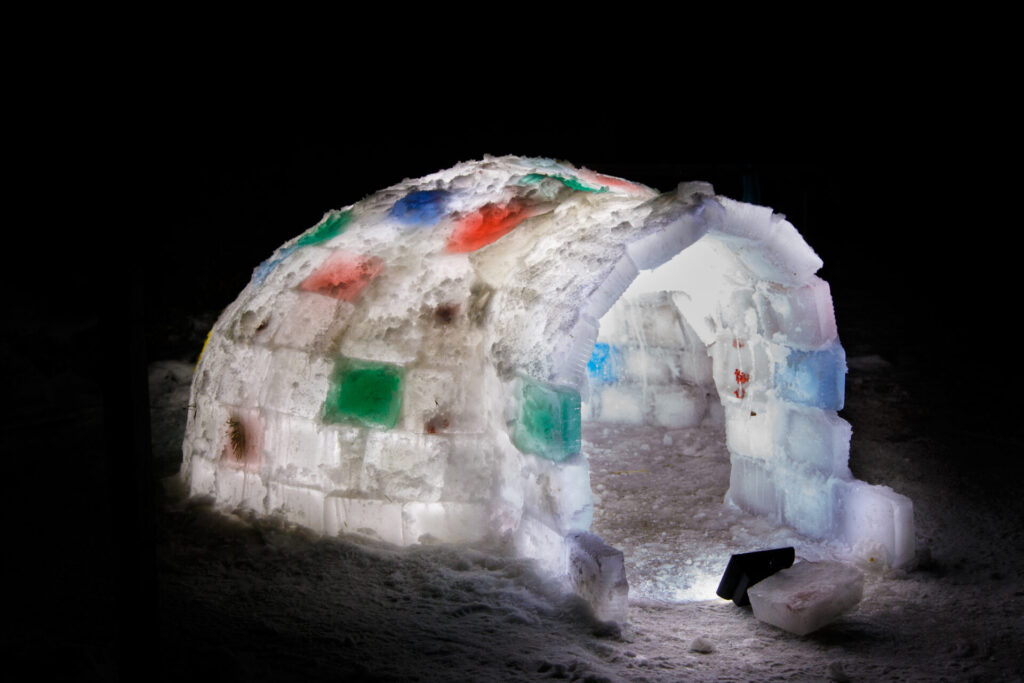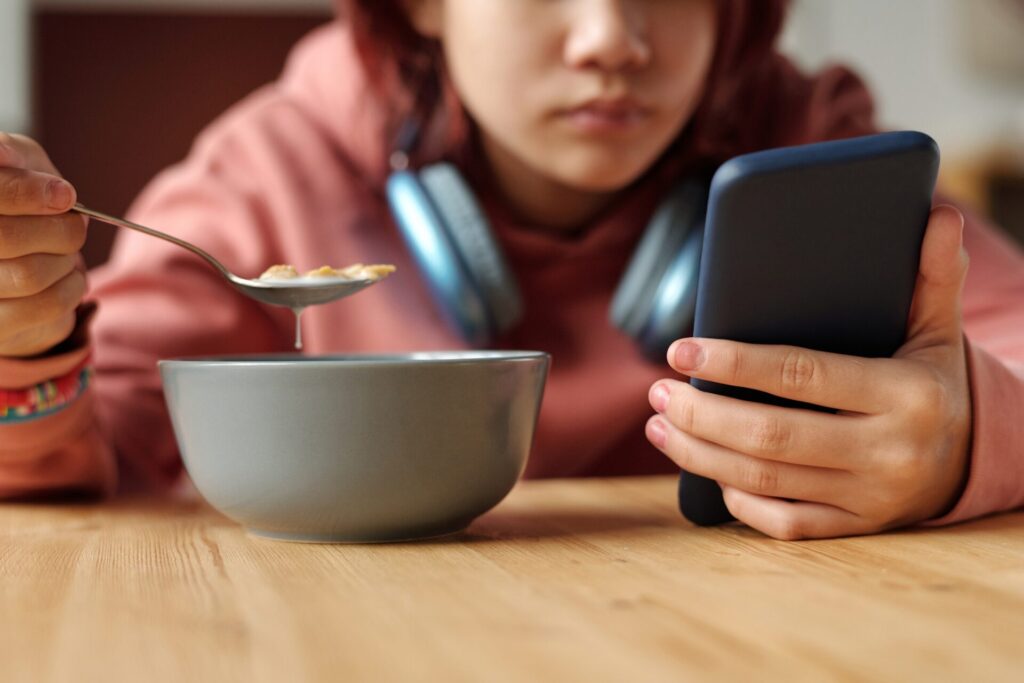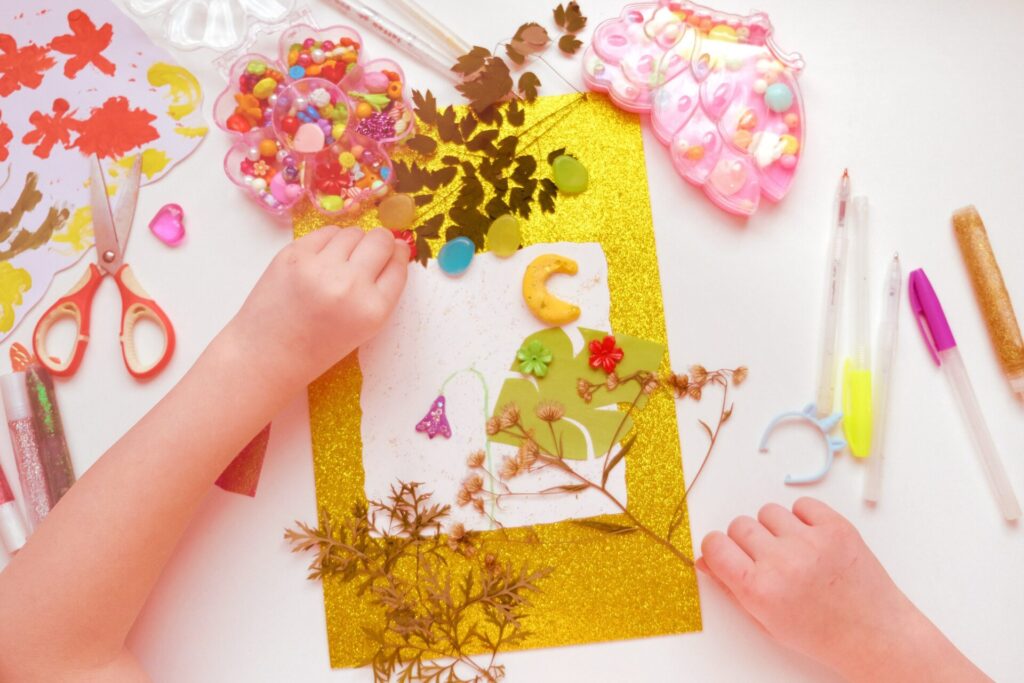YES by Beatrice Ekwa Ekoko
All around the world, since time immemorial, mothers have been safely sleeping with their babies, either in the bed with them (bed sharing), or within arm’s length, such as in a bassinet or basket (co-sleeping).
Parents are being advised by government health departments not to practise bed sharing because of the risk of Sudden Infant Death Syndrome (SIDS) or suffocation, yet an increasing number of parents continue the practice. With good reason: sleeping with baby, especially if you’re breastfeeding, is beneficial to the baby’s physiological and emotional development. When breastfeeding (which helps prevent SIDS) at night, a mother has ready access to baby.
Researchers such as world-renowned sleep expert James McKenna and attachment parenting guru Dr. William Sears, say bed sharing teaches babies how to rouse themselves. The inability to do so is linked with SIDS. They are also more likely to sleep on their backs – the most significant prevention of SIDS – in order to nurse more easily at night.
Attachment parenting coach Brandie Hatfield of Toronto says bed sharing supports the best possible attachment bond, alongside breastfeeding. “Nighttime can be a vulnerable time, and bed sharing supports emotional regulation and attachment, as well as developing your own flexibility,” Brandie says. “The young child learns that they matter, that they are safe; they can count on their parents. This creates a healthy belief system that will stay with them all their lives.”
But be safe. Baby Center Canada advises that before taking baby to bed with you, make sure your mattress is firm to prevent suffocation. If your bed has a frame, a headboard or is against a wall, make sure the mattress fits tightly so baby can’t fall into the gap. Keep bedding light, especially for infants under a year old. Never co-sleep on a sofa or waterbed and don’t put baby to sleep on a pillow. Don’t allow toddlers or intoxicated partners to sleep near the baby, and don’t smoke. And finally, don’t leave a baby on the bed unattended.
NO by Astrid Van Den Broek:
But that was then. Now that I've been slumbering with little ones for a decade (my daughter is 10 and my son is seven), I realize I forgot to plan an exit strategy. If I knew it was going to be hard to break them of the co-sleeping habit, I wouldn’t have started.
Every once in awhile, out of frustration, I banish them from the bed because – here’s the big reveal – I don’t actually sleep well with them in the bed. And they don’t log a solid eight hours either, leaving the entire household cranky. So on those nights, I play defence with my bed, blocking children from entering or intercepting a runner sprinting down the hall to my room.
In response, my twosome have formed their own co-sleeping club. Even though they each have their own room, they choose to share my daughter’s bunk bed and more often than not, double mattress because, I suspect, they need the feel of a warm body next to them.
There’s even a nickname for parents like us: “reactive co-sleepers”. According to Bowling Green State University’s Center for Family and Demographic Research’s 2014 study, Musical Beds: The “Typical” Night of Parents and Children Who Co-Sleep, “some co-sleeping parents see sleeping with their children a part of their lifestyle, other parents co-sleep as a result of prioritizing the short-term goal of meeting the family’s daily need for sleep over the long-term goal of their desire for their children to sleep independently.”
And now I wonder: what have I done? I’ve got a daughter who is sleeping over at friends’ houses with increasing frequency and eyeing week-long sleep away camps. My son is asking for sleepovers. But all of this nighttime behaviour at my house leaves me asking: do they even know how to sleep alone?
Dr. Nicky Cohen, clinical psychologist and sleep expert, weighs in:
Just because the practice of bed sharing is widespread across cultures and centuries does not make it safe and does not warrant endorsement by medical communities.
Some believe bed sharing increases bonding and attachment. While such theories exist, there is no supporting research. In fact, research shows that parents report greater bonding and attachment when their children sleep well independently.
Large population-based studies across different countries have similarly highlighted unsafe sleeping environments as leading to an increased risk of unexpected deaths in children under two years of age. According to The Canadian Paediatric Society (CPS), “when infants sleep in their own crib, they are significantly safer than when they bed share.” CPS states that infants should sleep in a crib for all periods of sleep.
Research shows that many parents and children who bed share do not sleep through the night. Children often go to bed too late and may wake early, in keeping with their parents’ schedule. This insufficient and poor quality sleep can negatively impact mood, behaviour, learning and concentration. Bed sharing also interferes with a child acquiring the necessary life-long learned skills of falling asleep, and returning to sleep, independently.
Originally published in ParentsCanada magazine, February 2015.










